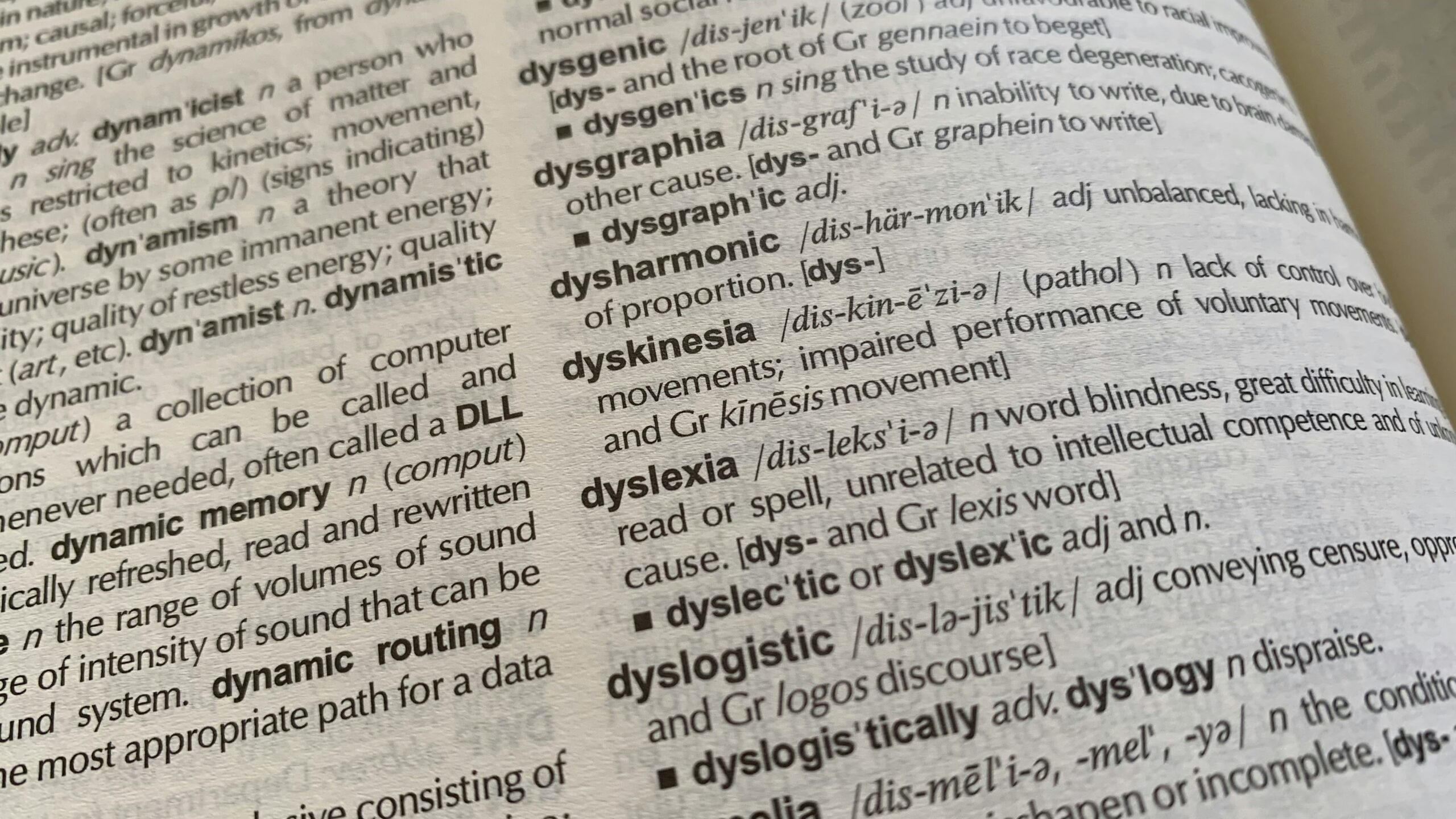24 Oct 2022
Will a diagnosis make any difference?
If you are an adult and suspect you have autism (also known as autism spectrum disorder or Asperger syndrome) there is often the feeling that too much time has passed for a diagnosis to make any difference to you and your life.
And that may be true.
You may have been able to create a place for yourself and adapted to your surroundings to live a comfortable, happy and secure life.
But if you are searching for information about autism, or looking for explanations as to why you do certain things or react in a certain way – it may be that a diagnosis would be a welcome confirmation.
Signs of autism in adults can be vast, but there are generally some main indicators that an adult with autism would see or feel:
- Finding it hard to interpret other people’s emotions, their facial expressions or body language – working out what they are thinking or feeling.
- Feeling anxious about attending social situations or whilst in certain social situations.
- Preferring to be alone or finding it difficult to establish friendships.
- Having people think you are blunt, rude or not interested in what they are saying, when that is not the case.
- Difficulty in regulating your emotions – anger, sadness, frustration.
And these symptoms can have a real impact on your life.
The question is – will a diagnosis make a difference? Will it help in any way with any of these symptoms?
Receiving an autism diagnosis as an adult can allow you to have a greater understanding of who you are and why you react or behave in certain ways.
Having that diagnosis and the support available that goes with it can help to see your strengths and weaknesses and work with them to improve any aspects of your life that you feel are challenging.
The adults we have diagnosed have described the diagnosis as a “relief”. It is a relief because after years of feeling different they have an explanation for this.
They have often been given other mental health diagnoses that just do not make sense. And so, they have searched for something that ‘fits’ with how they experience the world.
Think about if you were struggling to read and write at school, and you were falling behind your peers. You would wonder why you were finding the work so hard.
You would start to be critical of yourself and lose confidence in your ability. And then along comes a dyslexia diagnosis… Suddenly, there is a reason for why you struggle with the things you do. You no longer need to be so hard on yourself.
An autism diagnosis is no different to this.
Don’t just take our word for it though. Follow adults with autism on social media. Read books by people who were not diagnosed until later in life.
Let them tell you first hand the difference a diagnosis can make.
Ready to book an assessment?
The Autism Service is committed to expanding its network of clinics to enable clients to access timely gold-standard assessments in their area.
Related posts

30 Dec, 2024
ADHD and Dyslexia: Similarities & Differences

30 Dec, 2024
ADHD and Dyspraxia: Similarities & Differences

28 Nov, 2024
Autism and Bedtime

31 Jul, 2024